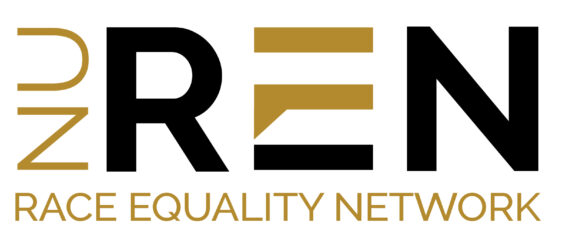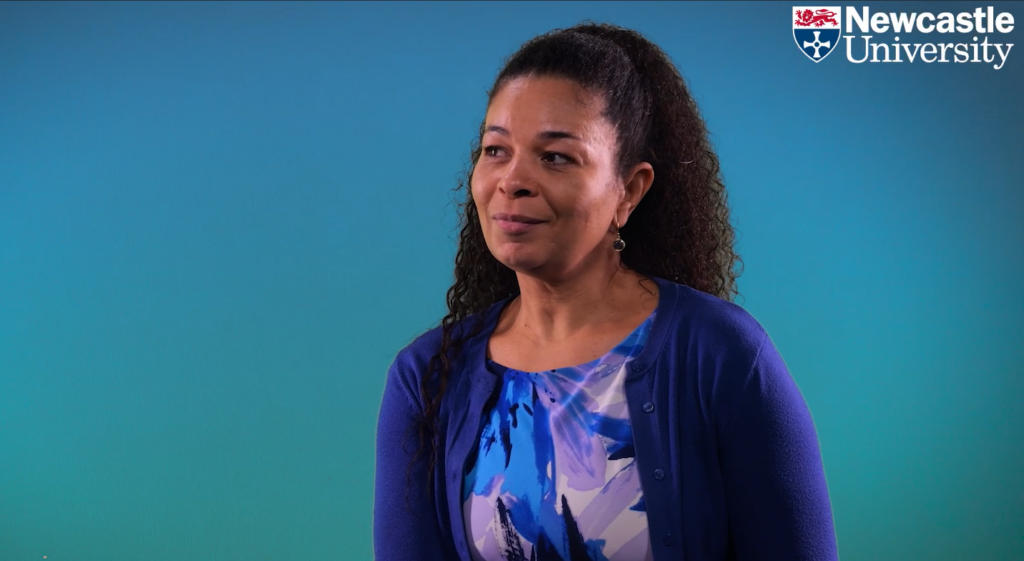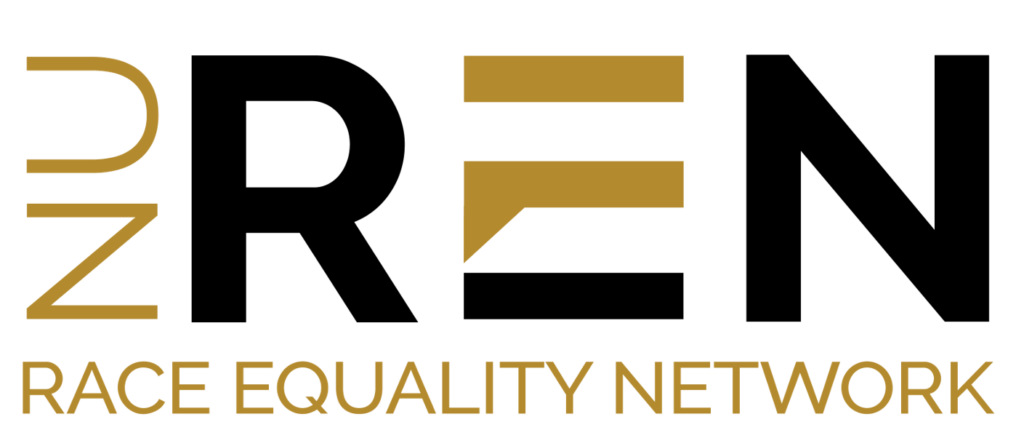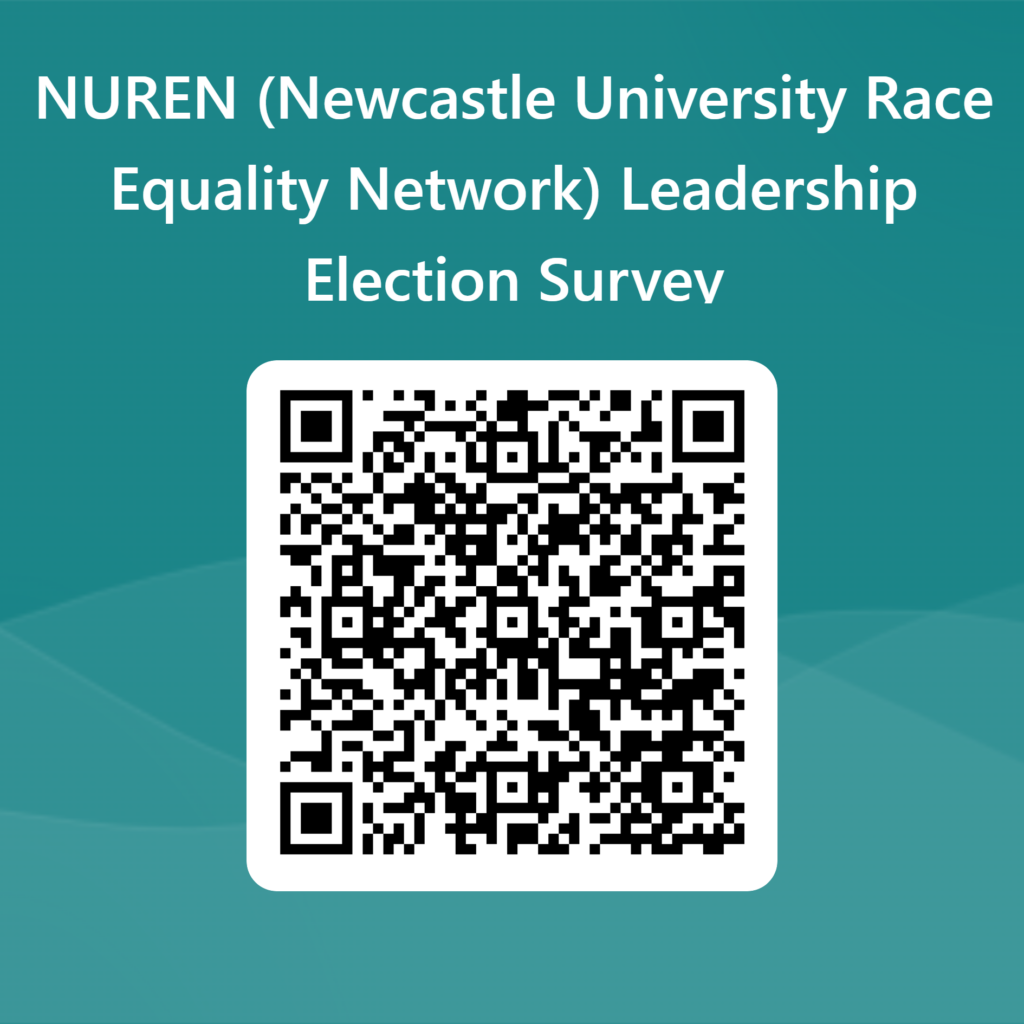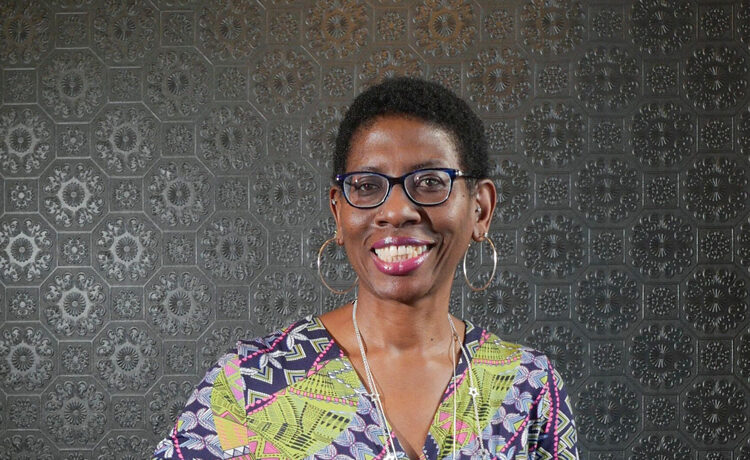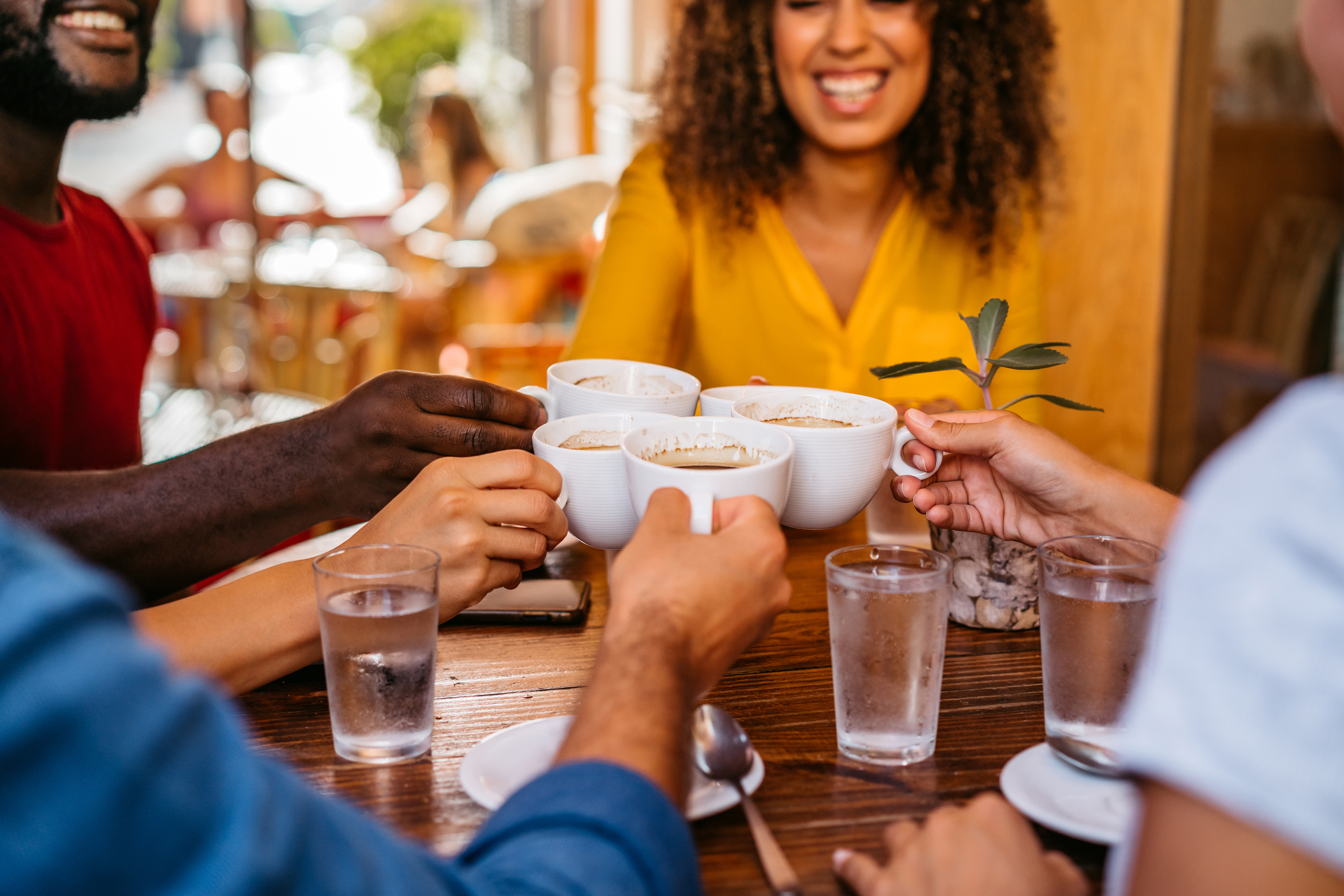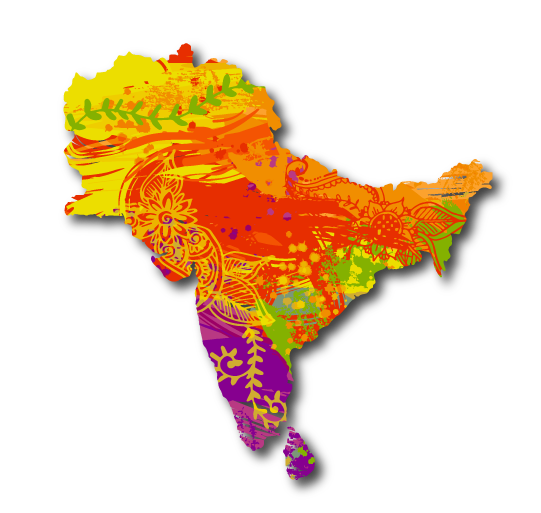Currently based at Northumbria University, Donna Chambers describes her area of work as Critical Cultural Studies, with focus on cultural heritage in the context of tourism. The critical aspect of her research comes from the colonial and post-colonial lenses through which she analyses the tourism sector, particularly around issues of representation concerning race and class. Many of the worlds’ most popular tourist destinations have a colonial history and the way in which people, places and culture are represented in this sector are of particular interest to Donna who reflected upon how her identity is intrinsically linked to everything she does. Alongside being a researcher, Donna is a lecturer, aligning her teaching with her interest in the post-colonial experience by putting decolonisation, as well as the intersectionality between race and gender, into the context of cultural, creative and tourism industries.
“My identity’s always in everything that I’m doing and, you know, my areas of research reflect that as well, because I’m always interested in the […] black female experience.” – Professor Donna Chambers
When I met Donna, she talked about how these intersectional elements of her identity has affected her in the workplace. She touched upon how women are minoritised in many university spaces, especially in high-level positions, but is confident that there is a shift occurring. However, even though more women are in these more senior positions, there is an evident lack of racial diversity, particularly in roles such as Deputy Vice Chancellor and Vice Chancellor across universities. Even within double-marginalised groups (on the basis of race and gender), Donna has noticed that there are still inequalities, such as a lack of representation of African and Caribbean female colleagues in the universities she has worked in. Many of the staff spaces Donna tends to inhabit are white-dominated and she is often the only black woman in the room and even among students, there is still a lack of representation of non-international African and Caribbean women.
“It’s really difficult to have a voice as a black woman within academia and I think that is because of that double silencing of being a woman and also being a black woman.” -Professor Donna Chambers
Alongside colleagues from other universities across the country, Donna is a part of a four year Office for Students (OfS) initiative called Generation Delta, laying the foundations for supporting ethnically minoritised women who are undergraduate and postgraduate students. The focus of their work is to help these students getting on to postgraduate research programmes, supporting them throughout their programme, and career guidance afterwards. The dedicated team of professors leading and teaching in this project are all women of colour who aim to inspire others to follow in their career footsteps, showing them that it is a space they belong in, too. Lecturers are often the face of a university, and it is important that all those faces are different, showing that everyone has something to contribute, regardless of their background, and can diversify these spaces. This intersectional element of Donna’s identity has also driven her non-professional work, where she has engaged with community organisations that reflect the African and Caribbean experience. One of the organisations she a member of is the North East of England Community Association (NEEACA) and it has let her connect with people from the African Caribbean diaspora in the North East.
“I’m always involved in promoting EDI in the universities that I work with.” -Professor Donna Chambers
It was wonderful to witness Donna’s pride in who she is, and she puts her identity at the forefront of everything she does, keeping the conversation around racial and gender-based injustice going in the spaces she inhabits. As an advocate for Equality, Diversity and Inclusion (EDI) in her research, she also is involved in EDI work at Northumbria University, having recently taken up the role of EDI Director in her department.
Focusing more on her experiences of living in the North East, Donna explained that, of the 24 years since she moved to the UK from Jamaica to study, she has spent ten of those in various cities in this region to pursue her career. Having worked at universities in all of them, she has come to get to know Sunderland, Durham and Newcastle well and noted the lack of racial diversity, particularly when she first moved to the area, with the majority of the ethnically minoritised people she came across in Durham being Asian international students. Over the last ten years, especially in Newcastle and Sunderland, Donna has seen a shift in the diversity of people living there, with an increasing number of African and Caribbean people being a part of the community.
“I couldn’t find anybody to do my hair and I just thought, ‘I’m just going to cut it off’. So that’s what I did.” -Professor Donna Chambers
Unfortunately, when Donna first came to the region, there were very few businesses catering to the needs of those from the ethnically minoritised backgrounds. Not only is the availability of these services important in sharing and understanding different cultures but is important in allowing people with different needs to be settled into a community, especially if they have migrated to the area. Over time, Donna has seen more locally-owed business filling this gap particularly in the sense of culinary and beauty services. The growth of these services has allowed her to feel more connected to the North East as a place to live, as have the connections she has made with the communities she is a part of and the people around her. However, for Donna, Jamaica will always be ‘home’.
“[Jamaica] to me is where my spiritual home is… I live [in the North East], but I wouldn’t say it’s my home.” -Professor Donna Chambers
“I’m connected and I contribute as much as I possibly can to this community because I want it to be a place where people will feel comfortable.” – Professor Donna Chambers
Being actively involved in the African and Caribbean communities in the North East is of great importance to Donna as a way to support other people. Particularly with her own experience of migrating to the UK, she is able to help and understand those in similar positions. It can be difficult to find your place in a new area when you have had a different experience elsewhere. Each experience is individual, but new places become part of your life and Donna has showcased that, even when a place doesn’t feel like a forever home, the commitments and connections you make in that environment can help you to find your place.
It was my pleasure to interview Donna, and, on behalf of NUREN, we would like to thank Donna for her continued support of and dedication to the diverse communities of the North East and all the work she does to make this region feel more like a home for those her around her.
By Taz Nasif-Whitestone

